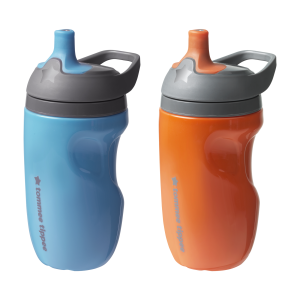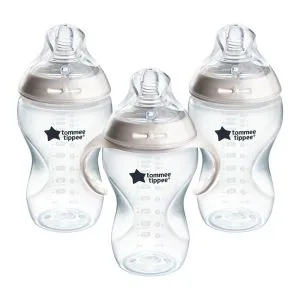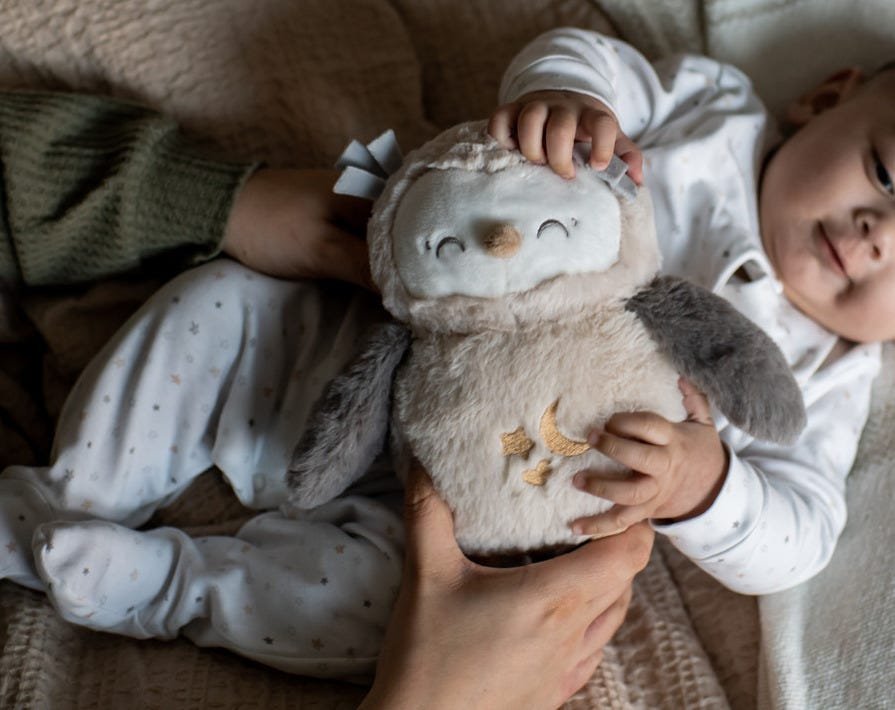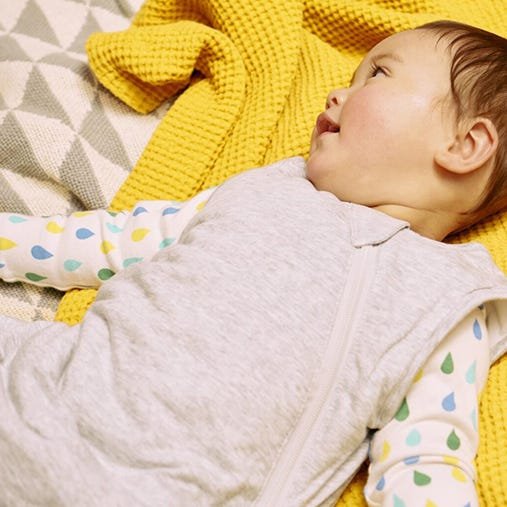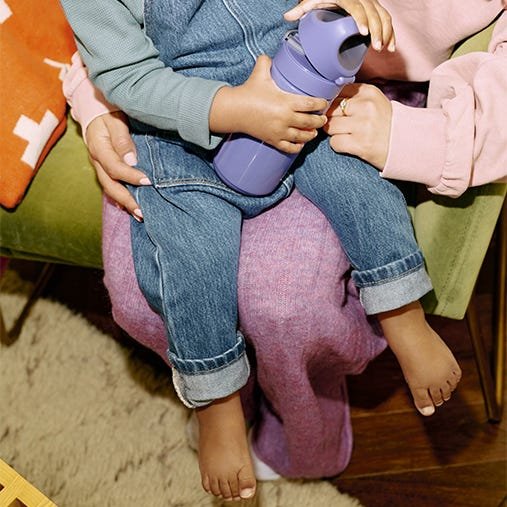Watching a baby grow and develop is a very exciting time. One of the key developmental milestones that parents look forward to is the moment when their baby learns to roll over independently.
Let's run through when babies commonly learn to roll over, how you can encourage them to roll, and how to keep them safe once they're able to roll over on their own.
When should a baby roll over?
All babies are different and will develop at their own pace. However, it's typical that at around five months, a baby will begin to be able to roll over slightly, rock on their tummy from side to side, and use their arms to push themselves up. Some may roll independently earlier, and others might take a little longer - each baby is unique.
Little ones usually master the art of rolling from their stomach to their back first, daily supervised tummy time helps with this. They'll then learn to roll from their back onto their stomach at around eight months.
What is tummy time?
Tummy time means letting your baby lie on their stomach while they're wide awake. It's a great way to help build the strength and coordination needed for rolling over and eventually sitting and crawling. It also lets them explore the different ways that their head, limbs, and neck can move.
Some babies don't enjoy tummy time at first, but you can start from birth by lying them on your chest when you're both awake for a few minutes a day. Gradually work up to about 20 minutes per day of tummy time on a blanket on the floor once your baby is used to the idea.
For their safety, parents must never leave their baby unattended during tummy time.
